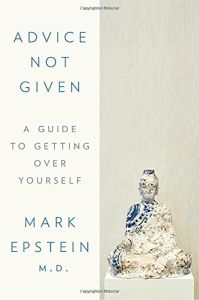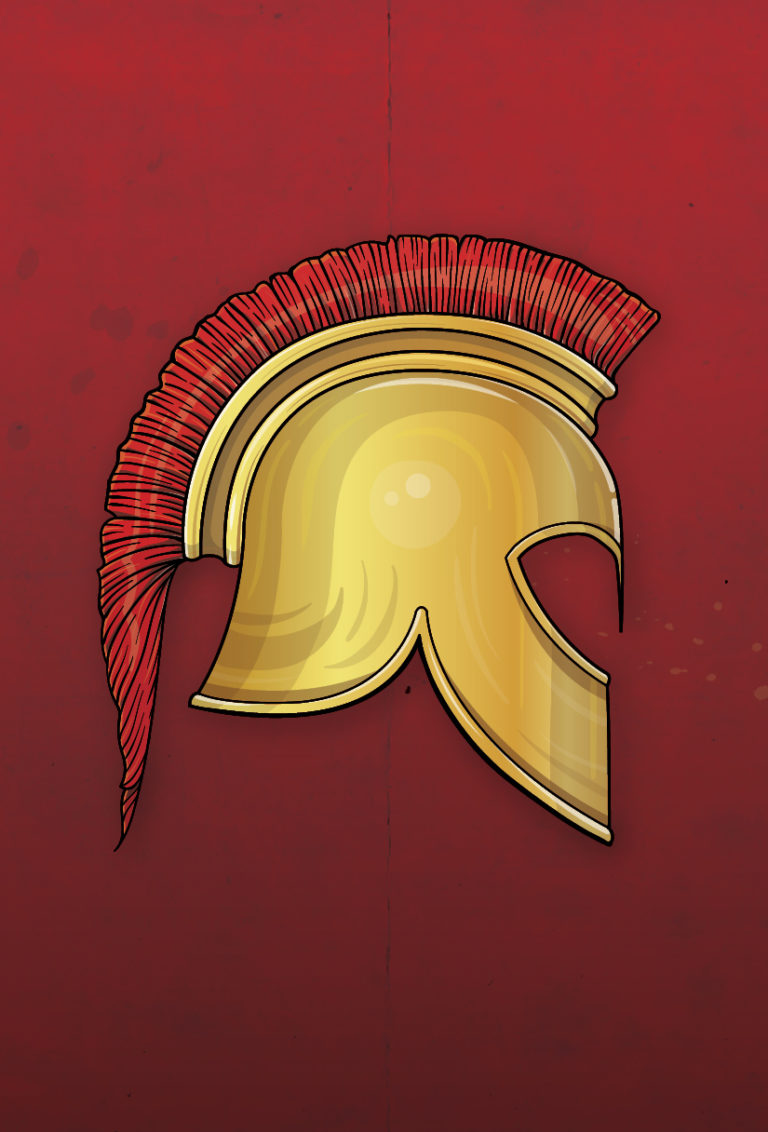Join getAbstract to access the summary!

Join getAbstract to access the summary!
Mark Epstein
Advice Not Given
A Guide to Getting Over Yourself
Penguin Press, 2018
What's inside?
Buddhism’s Eightfold Path can help you manage your ego and see yourself and your life more realistically.
Recommendation
Psychiatrist Mark Epstein, a practicing Buddhist, has written numerous books about how psychiatry and Buddhism work together. Here, he weaves elements of psychology into a discussion of the Eightfold Path of Buddhism, focusing on experiences from his medical practice as they relate to Buddhist stories. His theme is that everything in life is transient and temporary, including your emotions, angers and frustrations. Instead of reacting to situations, he urges you to become more mindful and aware as you pause to observe your emotions and thoughts.
Summary
About the Author
Psychiatrist Mark Epstein is the author of numerous books on the intersection of Buddhism and psychotherapy, including The Trauma of Everyday Life, Thoughts Without a Thinker and Going to Pieces Without Falling Apart.


















Comment on this summary